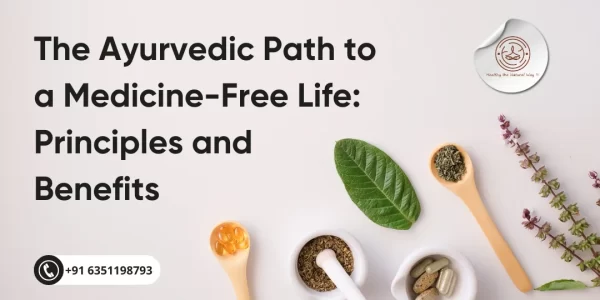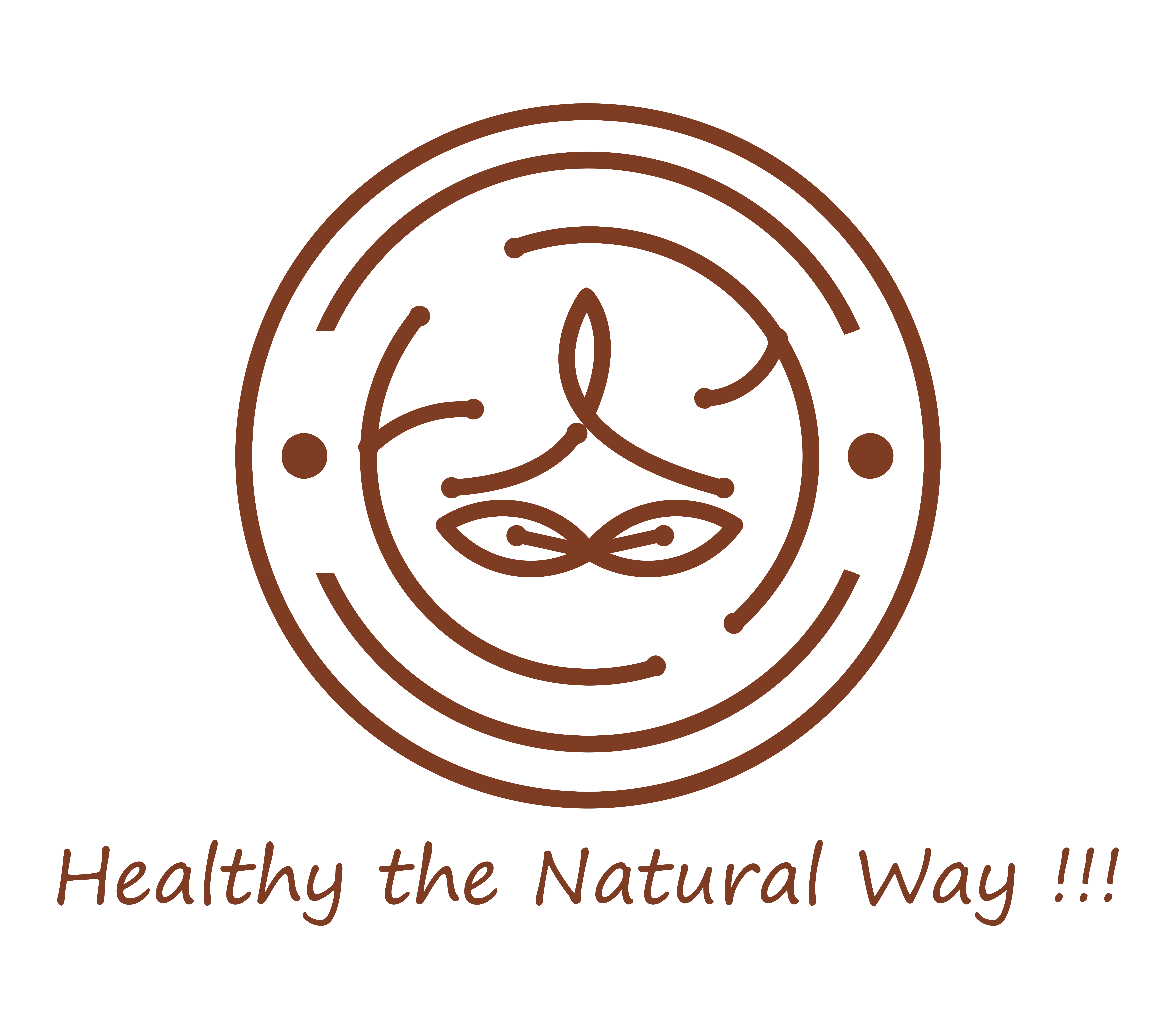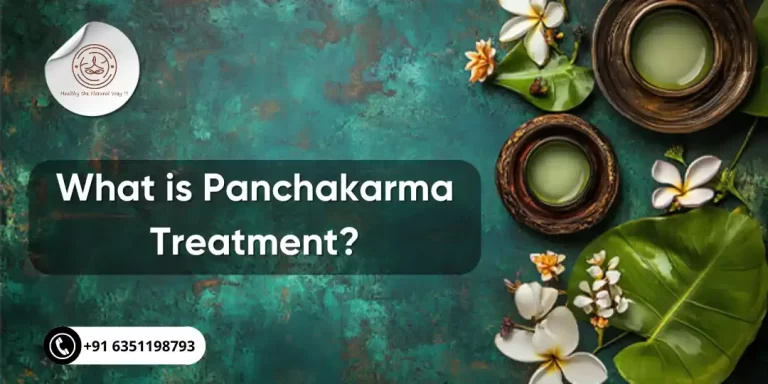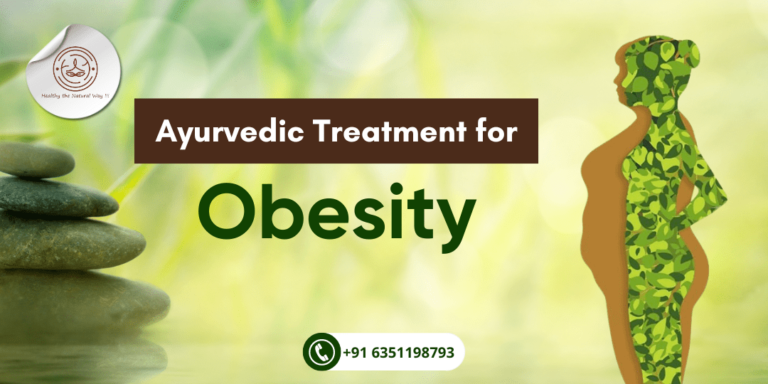In today’s fast-moving world, dependency on pharmaceutical medicines has become a tradition for managing health issues. However, there’s a growing awareness about the importance of a holistic and natural approach to healing. The ancient Indian science of life, Ayurveda, is a great way to live a medicine-free life. Ayurvedic treatments and therapies heal not only symptoms but the very root causes of diseases. At Setu Nutricare Clinic in Ahmedabad, under the direct expertise of Dr. Riddhi Nanda, many have transitioned towards a life without dependency on conventional medicines. This blog discusses Ayurvedic therapies, principles, and how Ayurveda assists in leading a healthy balanced medicine-free life. Understanding Ayurveda: A Science of Holistic Healing Ayurveda is more than just a medical system, it is a way of life that aims to achieve harmony in the body, mind, and spirit. Rooted deeply in nature's wisdom, Ayurvedic theory surrounds itself with three doshas Vata, Pitta, and Kapha. These doshas mean different energy types governing all physiological and psychological processes in the body. A balanced state of these doshas results in the most efficient functioning of the body, any imbalance causing the emergence of diseases or disorders. Unlike modern medicine, wherein the focus often is only on symptom management, Ayurveda directs its efforts towards the restoration of balance by addressing the underlying causes of the ailments. The Ayurveda Principles To Medicine-Free Living 1. Personalized Approach to Health Ayurveda views everyone as unique, thus requiring individualized care. At Setu Nutricare Clinic, an evaluation is done to …

In today’s fast-moving world, dependency on pharmaceutical medicines has become a tradition for managing health issues. However, there’s a growing awareness about the importance of a holistic and natural approach to healing. The ancient Indian science of life, Ayurveda, is a great way to live a medicine-free life. Ayurvedic treatments and therapies heal not only symptoms but the very root causes of diseases.
At Setu Nutricare Clinic in Ahmedabad, under the direct expertise of Dr. Riddhi Nanda, many have transitioned towards a life without dependency on conventional medicines. This blog discusses Ayurvedic therapies, principles, and how Ayurveda assists in leading a healthy balanced medicine-free life.
Understanding Ayurveda: A Science of Holistic Healing
Ayurveda is more than just a medical system, it is a way of life that aims to achieve harmony in the body, mind, and spirit. Rooted deeply in nature’s wisdom, Ayurvedic theory surrounds itself with three doshas Vata, Pitta, and Kapha. These doshas mean different energy types governing all physiological and psychological processes in the body. A balanced state of these doshas results in the most efficient functioning of the body, any imbalance causing the emergence of diseases or disorders. Unlike modern medicine, wherein the focus often is only on symptom management, Ayurveda directs its efforts towards the restoration of balance by addressing the underlying causes of the ailments.
The Ayurveda Principles To Medicine-Free Living
1. Personalized Approach to Health
Ayurveda views everyone as unique, thus requiring individualized care. At Setu Nutricare Clinic, an evaluation is done to analyze your dosha constitution and prescribe tailored treatment for establishing a no-medicine sustainable health.
2. Detoxification through Panchakarma
Panchakarma-the purification therapy one of the basic therapeutic methods in Ayurveda, which detoxes the body by eliminating toxins. The procedure consists of five main treatments to clean the body and help restore the body to health.
3. Balanced Diet and Nutrition
Ayurveda emphasizes eating according to your dosha type. Eating seasonal, organic, and natural foods guards against disease, while also enabling the body to heal itself. Learn to align your diet with Ayurvedic principles at a consultation with an expert.
4. Daily Regularity(Dinacharya)
A disciplined daily routine inclusive of yoga, meditations, and other Ayurvedic practices can strengthen the immune system and contribute to general well-being. Small changes-such as waking up early, drinking warm water, and practicing awareness-can go a long way in improving health.
5. Herbal Remedies
Ayurveda makes use of natural herbs such as turmeric, ashwagandha, and tulsi, which have therapeutic benefits. These herbs tend to be much safer and not addictive than conventional medicines for the treatment of common complaints such as stress, insomnia, and digestive issues.
The Benefits of Ayurvedic Therapies
1. Prevention is Better than Cure
There are many preventive measures against diseases in Ayurveda. By Ayurvedic treatments, a person may know what imbalances exist within the body and fix them before problems evolve into chronic conditions.
2. Natural and Holistic Healing
Ayurveda resorts to the use of nature, its plants, minerals, and oils, for healing the body. Furthermore, natural medication has fewer side effects as compared with synthetic drugs.
3. Boosts Immunity and Vitality
Treatments in Ayurveda boost immunity, enabling the body to keep infection at bay and recover quicker. Practices, like oil pulling, drinking herbal teas, and consuming herbs like Leha or Chyawanprash, boost vitality and ensure longevity.
4. Mental Clarity and Emotional Stability
Ayurveda goes beyond physical healing by employing yoga, meditation, and mindfulness techniques in the healing process. Stressors such as anxiety and depression most often lie in the backdrop of physical ailments.
5. Rejuvenation and Anti-Aging
Ayurveda treatments like Abhyanga and Shirodhara rejuvenate the body, retarding the effects of aging and beautifying the skin.
Why Choose Setu Nutricare Clinic in Ahmedabad?
Setu Nutricare Clinic is a beacon of holistic health in Ahmedabad. Their expert team, led by Dr. Riddhi Nanda, specializes in Ayurvedic treatments and therapies designed to help individuals achieve a medicine-free life.
- Personalized Care: Tailored plans based on individual dosha analysis.
- Comprehensive Therapies: From Panchakarma to herbal remedies, they offer a wide range of treatments.
- Convenient Consultations: Book a session through their consultation page to begin your journey.
- Ongoing Support: Stay connected through their contact page for any queries or follow-ups.
Conclusion
The Ayurvedic path to a medicine-free life is not just a health journey but a transformation toward holistic well-being. By addressing the root causes of diseases and emphasizing balance, Ayurveda empowers individuals to reclaim their health naturally.
If you’re ready to embark on this journey, consider visiting Setu Nutricare Clinic in Ahmedabad or contact them online. Their expertise in Ayurvedic therapies and personalized care will guide you every step of the way. Let Ayurveda help you stop relying on medicines and embrace a life of vitality, balance, and holistic health.

Sign up for free class
It’s easy and free!








